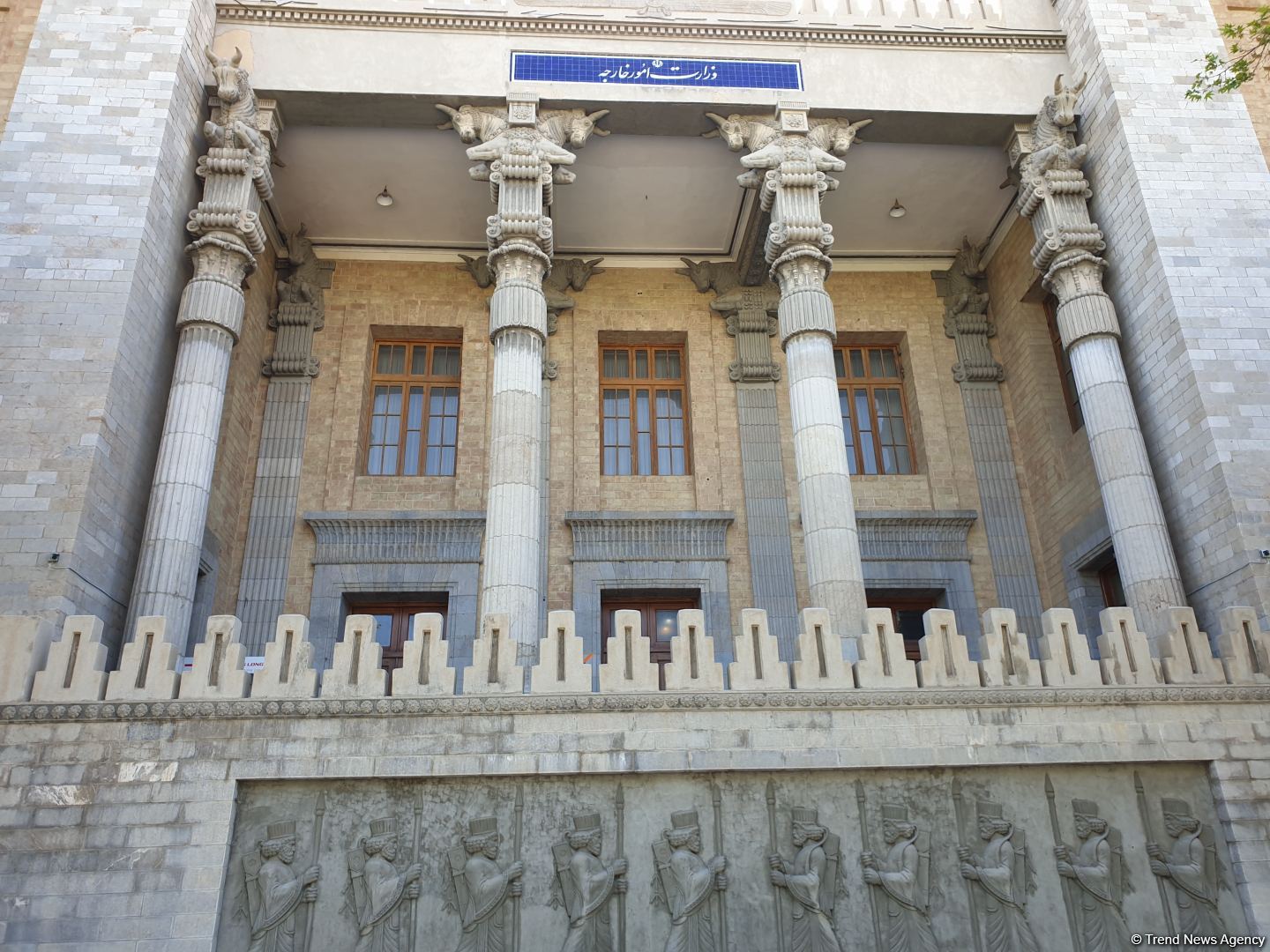BAKU, Azerbaijan, April 14. The contradictory statements of U.S. officials are the main reason for Iran's indirect negotiations with the US, said Esmail Baghaei, the spokesperson for the Iranian Ministry of Foreign Affairs, Trend reports.
According to him, the U.S. side should take appropriate steps to resolve this contradiction. At the same time, it is impossible to be in a state of debate and pursue a policy of pressure, sanctions and threats at the same time. This strategy is never accepted by Iran and Iran has also openly stated its position.
Baghaei pointed out that in a dialog conducted in this form (indirectly), the parties usually declare their framework and principled position. Of course, Iran's position has been repeatedly declared transparently.
“Iran's nuclear program was an excuse to create a crisis that was unnecessary for the past 20 years, and Iran's nuclear program has a peaceful purpose. The International Atomic Energy Agency has also repeatedly confirmed this issue in its reports. “No deviations have been observed in Iran's peaceful nuclear program,“ he noted.
The Iranian minister stressed that Iran's main goal in negotiations with the US is the lifting of illegally imposed sanctions.
The other day (April 12), indirect talks between Iran and the US on the Iranian nuclear program, led by Iranian Foreign Minister Seyyed Abbas Araghchi and US Special Representative for Near Eastern Affairs Steve Witkoff, were held in the capital of Oman, Muscat. The discussions were reportedly constructive and based on mutual respect. The next round of talks is scheduled for April 19.
In November 2018, the US imposed new sanctions against Iran over Iran's nuclear program. Since then, the sanctions have affected Iranian oil exports, more than 700 banks, companies, and individuals.
By the end of 2020, the Iranian parliament decided to pursue a strategic plan in the nuclear sector to counter the sanctions, leading to a suspension of additional steps and the Additional Protocol as per the nuclear agreement.
Consequently, the International Atomic Energy Agency (IAEA) faced a reduction in monitoring capabilities by 20–30 percent.
Iran has officially affirmed that its strategy is not to pursue the development of an atomic bomb and that it does not support the production of weapons of mass destruction.
On March 3, Rafael Grossi, Director-General of the IAEA, mentioned during the IAEA Board of Governors' meeting that Iran has increased its stockpile of uranium enriched to 60 percent purity by 93 kilograms, from 182 kilograms to 275 kilograms, compared to the previous quarter. Iran remains the only non-nuclear weapon state to enrich uranium to this level, raising significant concerns.







